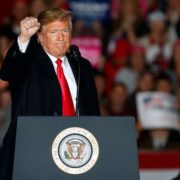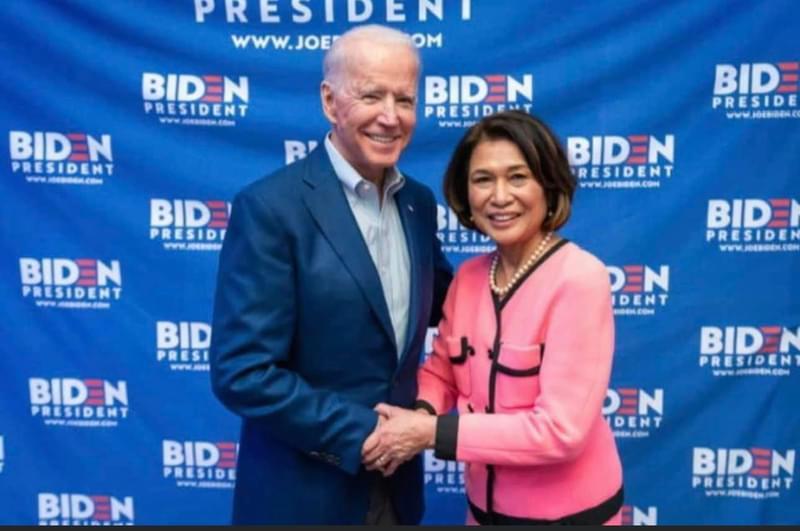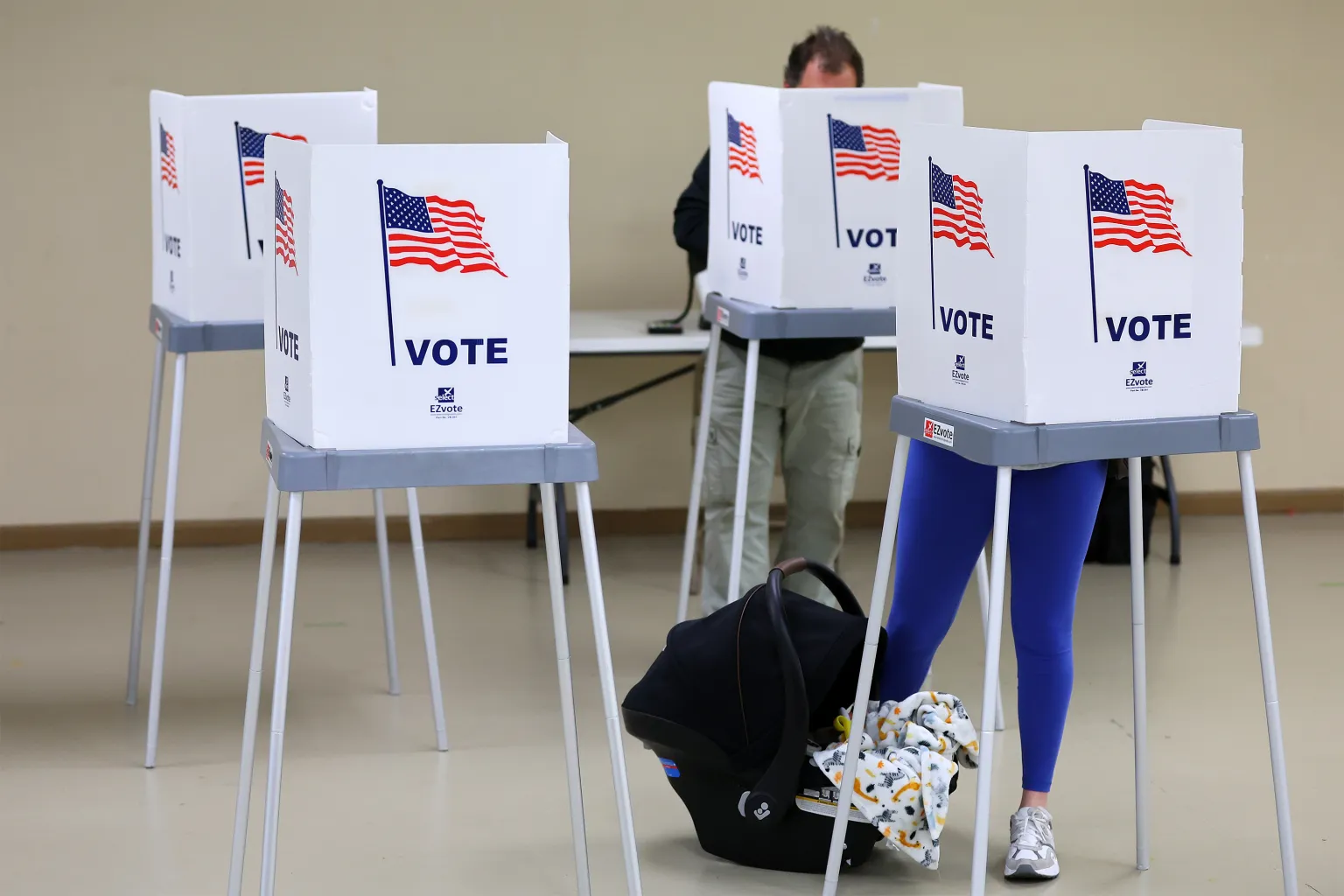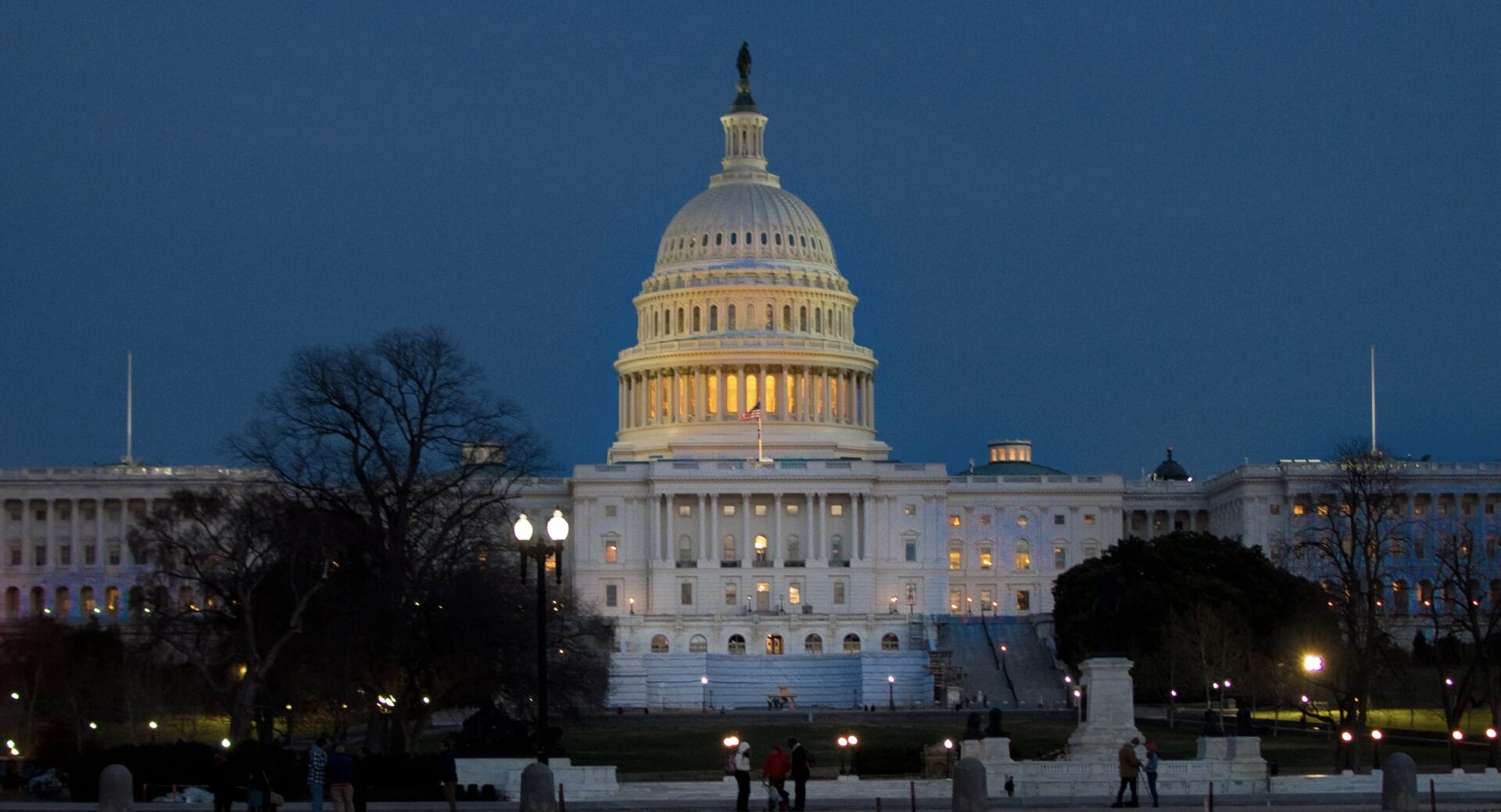AAPI leaders respond to proposal at odds with the 14th Amendment which guarantees “equal protection of the laws”
UNITED States President Donald Trump on Tuesday, October 30 announced that he is preparing to issue an executive order that would eliminate birthright citizenship in the U.S., a concept that is widely interpreted as a constitutional guarantee.
In an exclusive interview with Axios, the president falsely claimed that, “for 85 years,” the U.S. is “the only country in the world where a person comes in and has a baby, and that baby is essentially a citizen of the United States…with all the benefits.”
But 38 other countries do grant birthright citizenship, including Canada, Mexico, Brazil, Argentina and many other countries in the American continents.
Trump’s announcement a week before the midterm election was met with intense pushback from both sides of the aisle.
House Speaker Paul Ryan (R-Wisconsin) said in a radio interview with WVLK in Kentucky that Trump “obviously” does not have the power to eliminate birthright citizenship.
“I’m a believer in following the plain text of the Constitution, and I think in this case, the 14th Amendment is pretty clear, and that would involve a very, very lengthy constitutional process,” Ryan explained.
Trump’s announcement directly coincides with his long-desired mission to cut family reunification (wherein family members who are U.S. citizens can petition undocumented relatives) and prevent the proliferation of “anchor babies,” a pejorative used to describe children born on U.S. soil to undocumented parents.
Birthright citizenship has been widely accepted as law since the implementation of the 14th Amendment. Ratified in 1868 after the abolition of slavery, the 14th Amendment guaranteed citizenship, and the rights that come with it, to all persons born on U.S. soil.
Section 1 of the amendment states: “All persons born or naturalized in the United States, and subject to the jurisdiction thereof, are citizens of the United States and of the State wherein they reside. No State shall make or enforce any law which shall abridge the privileges or immunities of citizens of the United States; nor shall any State deprive any person of life, liberty, or property, without due process of law; nor deny to any person within its jurisdiction the equal protection of the laws.”
In 1898, Chinese-American Wong Kim Ark, who was born in California to Chinese nationals, won a Supreme Court case that ruled that he was a citizen, a milestone that established an important precedent and laid the foundation for modern interpretation of the Citizenship Clause in the 14th Amendment.
Though nearly all of the Trump administration’s immigration practices and proposals have sparked outrage across the country and the world, the president’s declaration of ending birthright citizenship brought upon notably angered responses, especially from the Asian American and Pacific Islander (AAPI) community.
“Denying children their birthright citizenship would have a devastating impact on the AAPI community by making it harder for immigrant families to integrate and pursue the American Dream,” John Santos, AAPI media director for the Democratic National Committee, offered in a statement. “This proposal is just one of many anti-immigrant ideas that have been introduced by Trump in order to distract voters from his administration’s failed policies.”
The National Council of Asian Pacific Americans (NCAPA), a Washington-based coalition of national APA groups also chimed in on the issue, interpreting the announcement as a “stunt” and reminded the president that the APA community and other communities of color “aren’t going anywhere.”
“Under normal circumstances, we would likely not respond to obvious, incendiary political stunts that are intended to provoke and polarize, rather than unify; however, these are not normal circumstances,” Gregg Orton, national director of the National Council of Asian Pacific Americans, said in a statement. “If President Trump is serious about his proposal, and this is not a desperate attempt to galvanize his political base a week before the elections, he should release it, so all the world can see that there is no question that white nationalism has found a home in the White House.”






